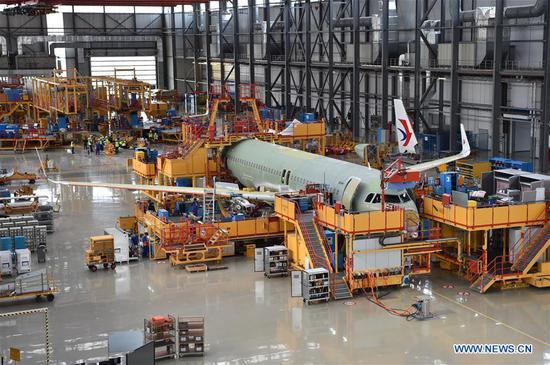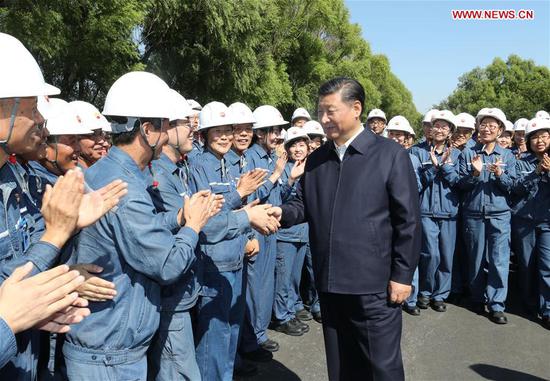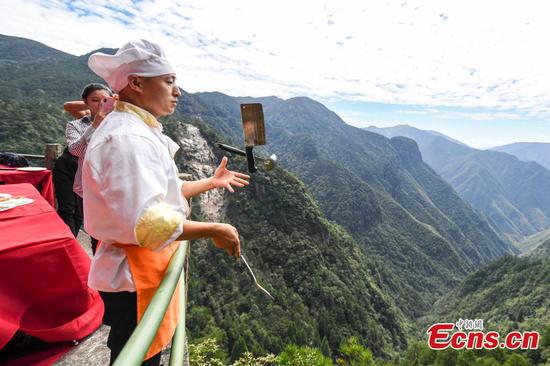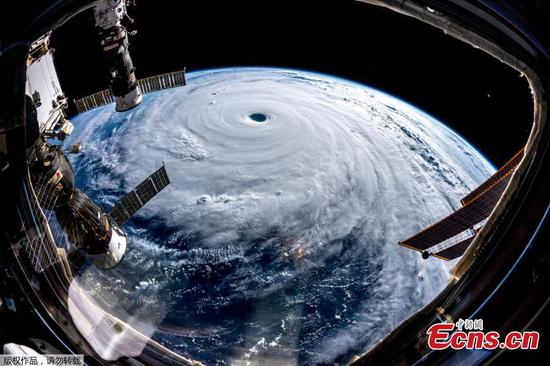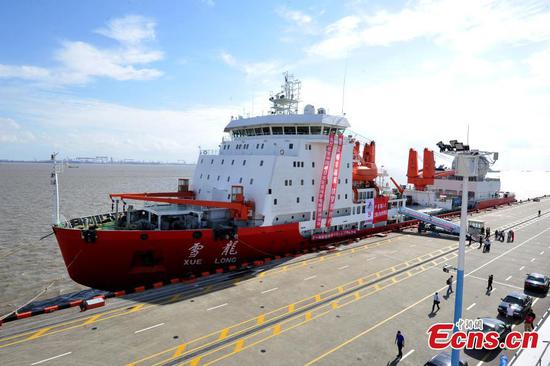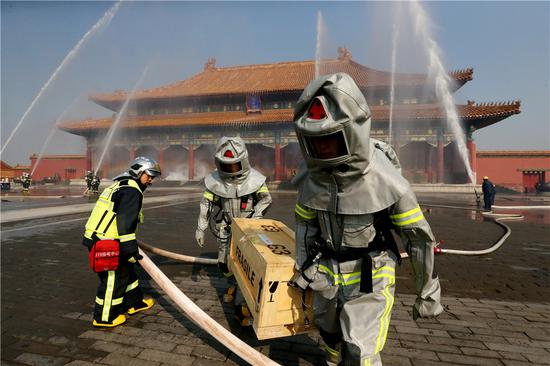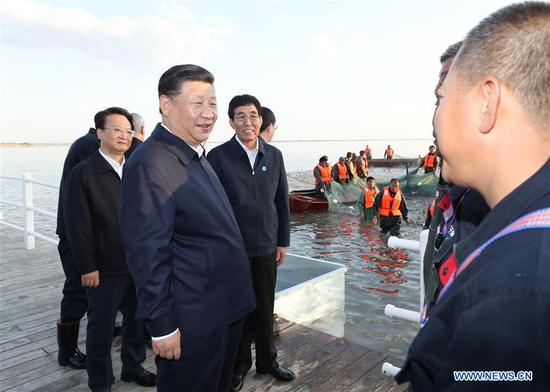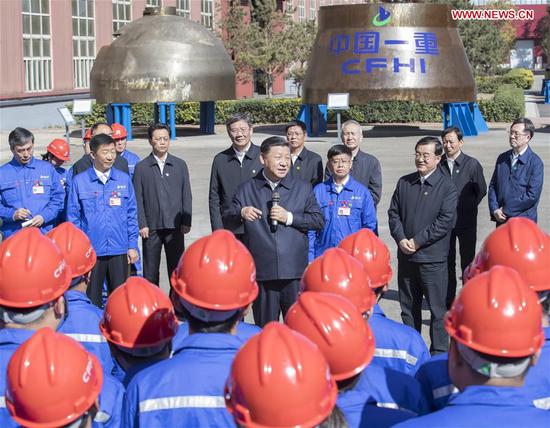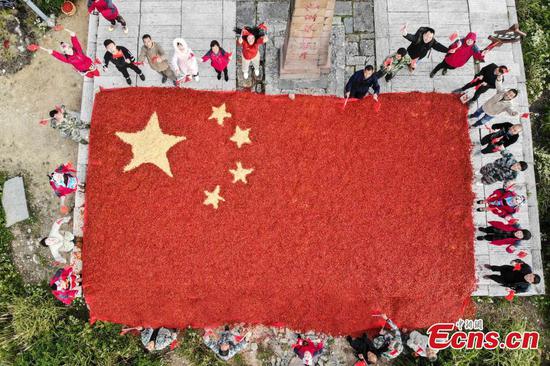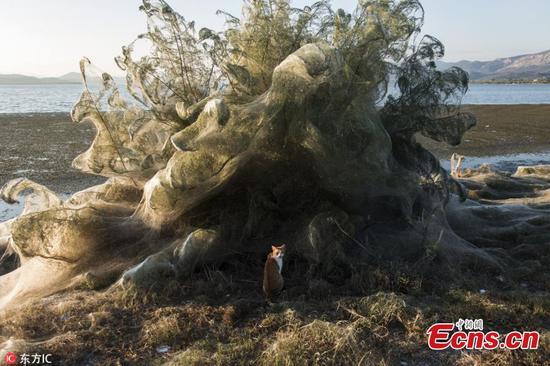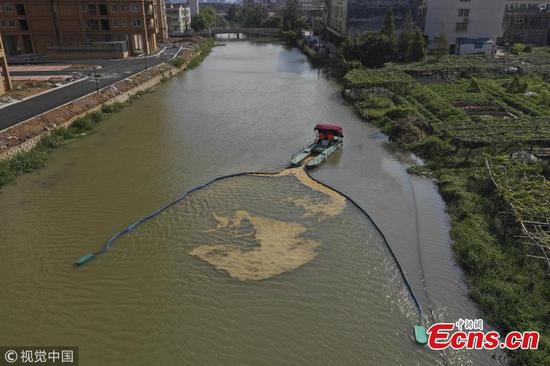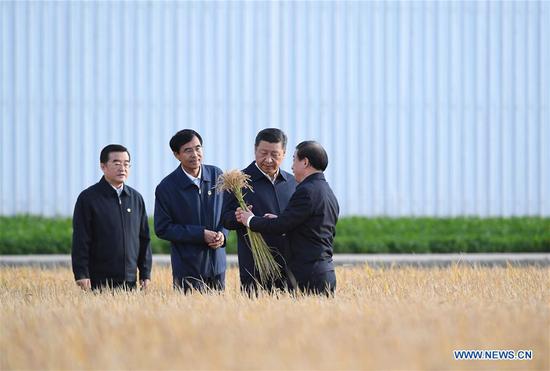Illegal ivory sales have declined at Chinese stores and online platforms since a national ban began at the end of last year, a wildlife protection organization said Thursday, but warned that Southeast Asian border regions remain hotspots for trafficking.
The number of Chinese mainland stores selling ivory fell 30 percent compared with 2017, according to a survey sent to the Global Times Thursday by Li Xiaojia, a senior communications officer for the Beijing office of TRAFFIC, a World Wildlife Fund (WWF) wildlife monitoring organization.
The average number of ivory advertisements decreased 26.6 percent on websites and 10.6 percent on social media platforms since the ban began at the end of 2017.
TRAFFIC surveyors visited 157 markets in 23 Chinese cities in 2018.
They found all pre-ban legal ivory shops previously visited by TRAFFIC had stopped selling ivory and the magnitude of illegal ivory trade had decreased in most of the surveyed cities and online platforms.
But border regions with Southeast Asian countries such as Vietnam have become ivory trafficking hotspots, surveyors found.
According to a previous report sent by TRAFFIC to the Global Times, some ivory was smuggled directly into China from Africa, and some transited through Vietnam to South China's Guangxi Zhuang Autonomous Region.
Only 8 percent of respondents expressed awareness of the ivory ban.
"Persistent demand and a lack of awareness among consumers in some parts of the country as well as weak spots with insufficient regulation and enforcement means we need to redouble efforts in strengthening these areas," Margaret Kinnaird, wildlife practice leader for WWF International, was quoted as saying in a press release.
China banned trade of ivory and ivory products at the end of 2017.
Since then, Kunming customs enhanced cooperation with police, overseas customs offices and wildlife organizations, He Ruocheng, an official at Kunming customs press office in Yunnan Province told the Global Times on Thursday.
The State Forestry and Grassland Administration also conducted a series of activities this year to raise public awareness including distributing leaflets to passengers entering and leaving China and broadcasting commercials on flights, administration publicity official Wang Libin told the Global Times.













